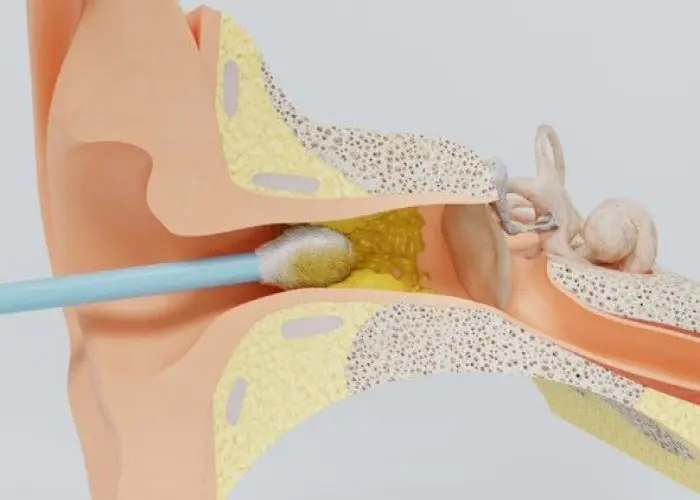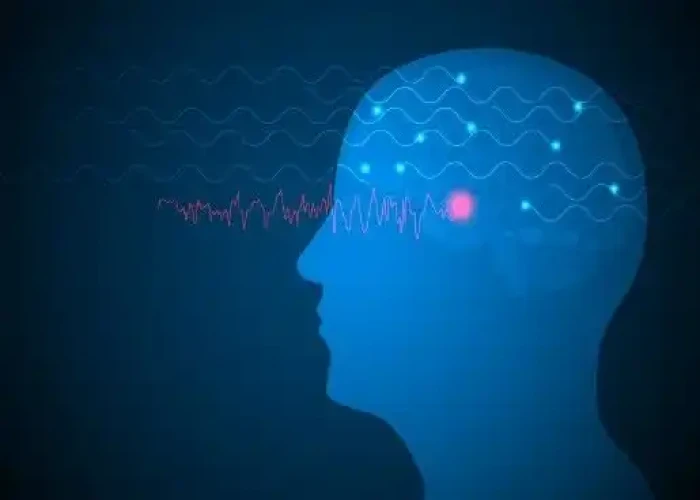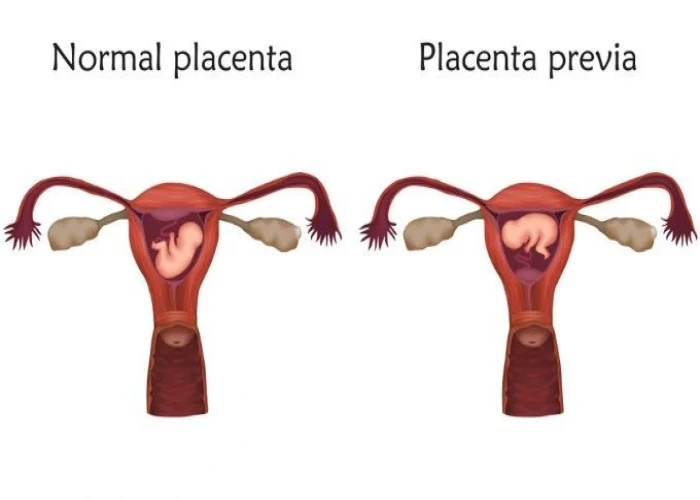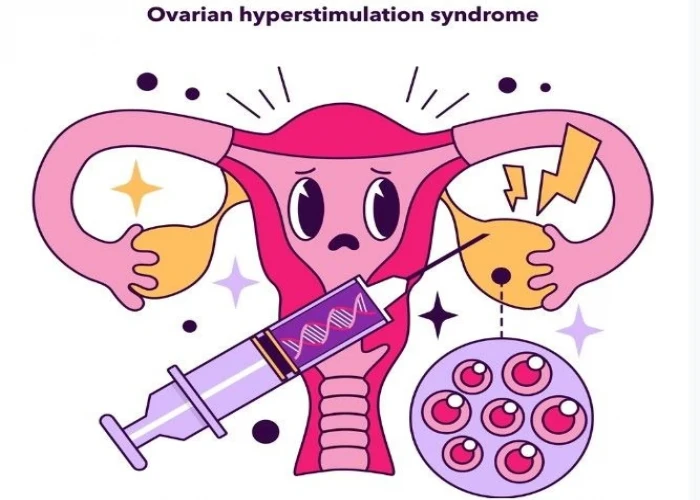 Welcome
Welcome
“May all be happy, may all be healed, may all be at peace and may no one ever suffer."
Amenorrhea

Amenorrhea is the medical term used to describe the absence of menstrual periods. There are two main types of amenorrhea: primary and secondary.
Primary amenorrhea is when a woman has not started her periods by the age of 16 or has not started her periods within three years after the onset of puberty.
Secondary amenorrhea is when a woman has been menstruating regularly and then experiences a sudden stop in periods for three months or longer.
There are many possible causes of amenorrhea, including pregnancy, menopause, hormonal imbalances, thyroid disorders, stress, excessive exercise, eating disorders, and certain medications.
Diagnosis of amenorrhea typically involves a physical exam, blood tests, and imaging studies to evaluate the reproductive system and determine the underlying cause of the condition.
Treatment for amenorrhea depends on the underlying cause and may involve hormone therapy, lifestyle changes, medications, or surgery.
If you have concerns about your menstrual cycle or are experiencing symptoms of amenorrhea, it's important to see a doctor for an evaluation. Early diagnosis and treatment can help you manage the symptoms and maintain your overall health and well-being.
Research Papers
Disease Signs and Symptoms
- Persistent or intermittent milky nipple discharge
- Hair loss
- Headaches
- Blurred vision of eye
- Excess hair (hirsutism)
- Pelvic pain
- Acne (Pimple)
- Irregular or absent menstruation periods
Disease Causes
Amenorrhea
Amenorrhea can occur for a variety of reasons. Some are normal, while others may be a side effect of medication or a sign of a medical problem.
Natural amenorrhea
During the normal course of your life, you may experience amenorrhea for natural reasons, such as:
- Pregnancy
- Breastfeeding
- Menopause
Contraceptives
Some people who take birth control pills (oral contraceptives) may not have periods. Even after stopping birth control pills, it may take some time before regular ovulation and menstruation return. Contraceptives that are injected or implanted also may cause amenorrhea, as can some types of intrauterine devices.
Medications
Certain medications can cause menstrual periods to stop, including some types of:
- Antipsychotics
- Cancer chemotherapy
- Antidepressants
- Blood pressure drugs
- Allergy medications
Lifestyle factors
Sometimes lifestyle factors contribute to amenorrhea, for instance:
- Low body weight. Excessively low body weight — about 10% under normal weight — interrupts many hormonal functions in the body, potentially halting ovulation. Women who have an eating disorder, such as anorexia or bulimia, often stop having periods because of these abnormal hormonal changes.
- Excessive exercise. Women who participate in activities that require rigorous training, such as ballet, may find their menstrual cycles interrupted. Several factors combine to contribute to the loss of periods in athletes, including low body fat, stress and high energy expenditure.
- Stress. Mental stress can temporarily alter the functioning of your hypothalamus — an area of your brain that controls the hormones that regulate your menstrual cycle. Ovulation and menstruation may stop as a result. Regular menstrual periods usually resume after your stress decreases.
Hormonal imbalance
Many types of medical problems can cause hormonal imbalance, including:
- Polycystic ovary syndrome (PCOS). PCOS causes relatively high and sustained levels of hormones, rather than the fluctuating levels seen in the normal menstrual cycle.
- Thyroid malfunction. An overactive thyroid gland (hyperthyroidism) or underactive thyroid gland (hypothyroidism) can cause menstrual irregularities, including amenorrhea.
- Pituitary tumor. A noncancerous (benign) tumor in your pituitary gland can interfere with the hormonal regulation of menstruation.
- Premature menopause. Menopause usually begins around age 50. But, for some women, the ovarian supply of eggs diminishes before age 40 and menstruation stops.
Structural problems
Problems with the sexual organs themselves also can cause amenorrhea. Examples include:
- Uterine scarring. Asherman's syndrome, a condition in which scar tissue builds up in the lining of the uterus, can sometimes occur after a dilation and curettage (D&C), cesarean section or treatment for uterine fibroids. Uterine scarring prevents the normal buildup and shedding of the uterine lining.
- Lack of reproductive organs. Sometimes problems arise during fetal development that lead to missing parts of the reproductive system, such as the uterus, cervix or vagina. Because the reproductive system didn't develop fully, menstrual cycles aren't possible later in life.
- Structural abnormality of the vagina. An obstruction of the vagina may prevent visible menstrual bleeding. A membrane or wall may be present in the vagina that blocks the outflow of blood from the uterus and cervix.
Disease Prevents
Disease Treatments
Treatment depends on the underlying cause of your amenorrhea. In some cases, birth control pills or other hormone therapies can restart your menstrual cycles. Amenorrhea caused by thyroid or pituitary disorders may be treated with medications. If a tumor or structural blockage is causing the problem, surgery may be necessary.
Disease Diagnoses
Disease Allopathic Generics
- Vitamin B complex
- Ferrous Sulfate
- Multivitamin & Multimineral
-
Lorazepam
Medicines containing lorazepam for anxiety disorders.
Half or 1 pill 2 times a day.
-
Clobazam
Medicines containing lorazepam for anxiety disorders.
Half or 1 pill 2 times a day.
-
Diazepam
Medicines containing lorazepam for anxiety disorders.
Half or 1 pill 2 times a day.
Disease Ayurvedic Generics
Disease Homeopathic Generics
Disease yoga
Amenorrhea and Learn More about Diseases

Childhood obesity

Osteomyelitis

Shingles

Measles

Earwax blockage

Temporal lobe seizure

Placenta previa

Ovarian hyperstimulation syndrome
Amenorrhea, Secondary amenorrhea, Lactational amenorrhea, ঋতুস্রাব বন্ধ হওয়া
To be happy, beautiful, healthy, wealthy, hale and long-lived stay with DM3S.
